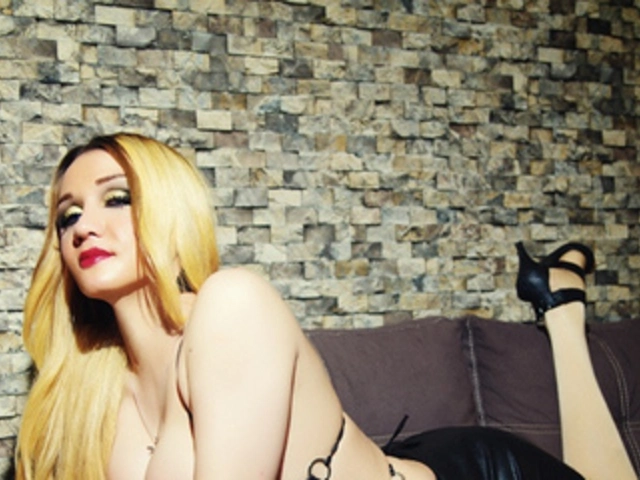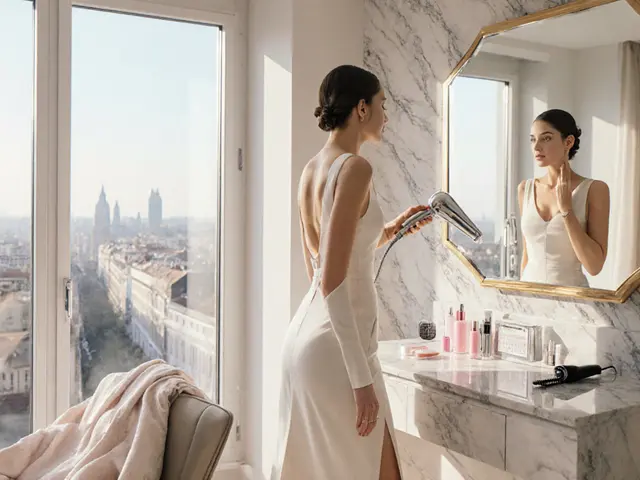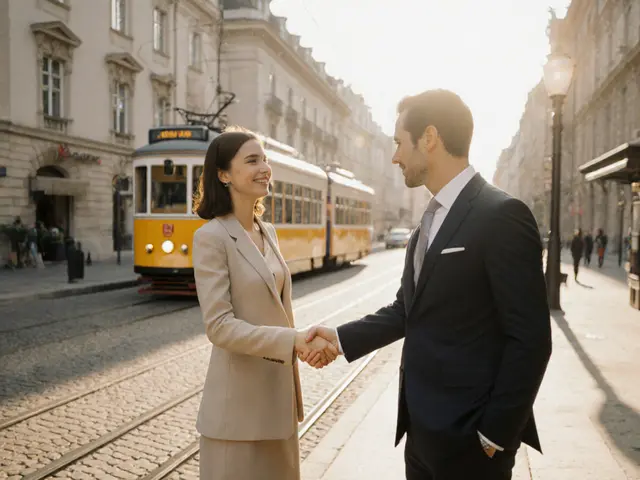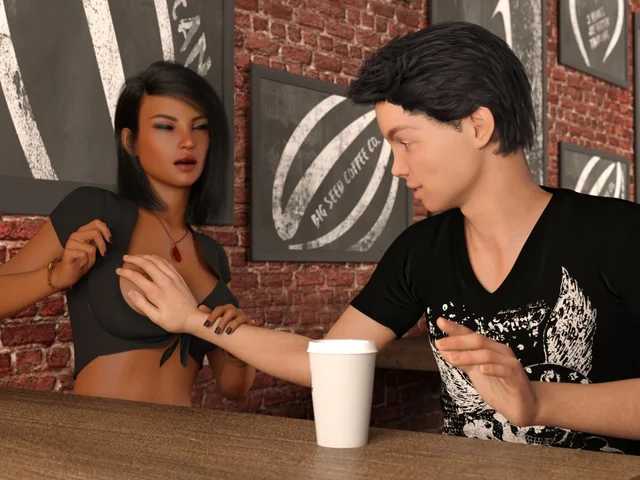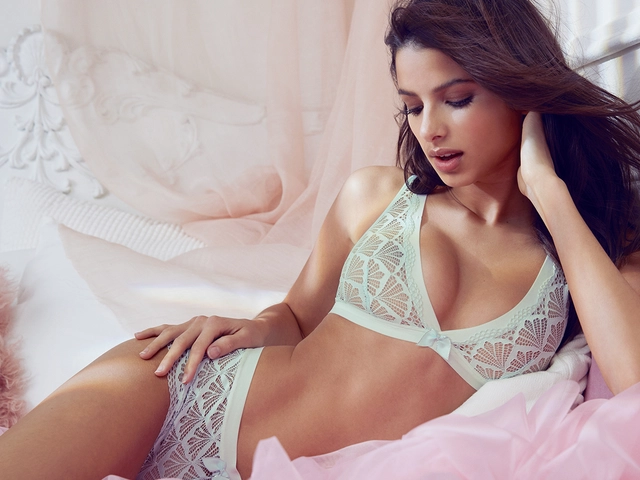How Escorts Shape Vienna's Cultural Scene
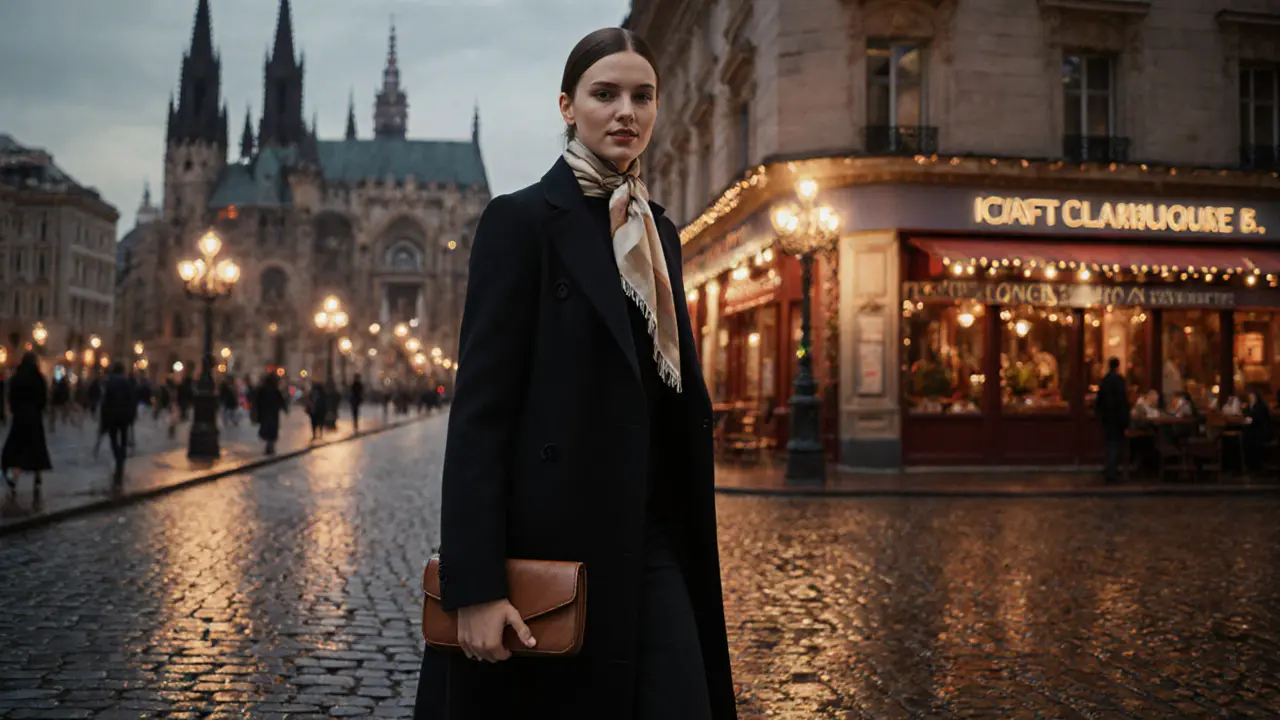
When people think about Vienna, they picture classical music, grand palaces, and coffee houses. Vienna escort industry is a network of independent and agency‑based escorts that operates alongside the city’s historic cultural institutions. While the term "escort" often triggers assumptions about pure adult entertainment, in Vienna these professionals frequently act as cultural connectors, attending gallery openings, theater premieres, and exclusive cocktail parties. This blend of companionship and cultural immersion creates a unique layer of the city’s nightlife that most visitors never notice at first glance.
Key Takeaways
- Escorts in Vienna are not limited to traditional brothels; they frequently accompany clients to cultural events.
- Their presence adds economic value to museums, opera houses, and high‑end nightclubs.
- Legal frameworks in Austria permit adult‑entertainment services while imposing strict advertising and zoning rules.
- Artists and curators sometimes consult escorts for audience insight, given their wide‑range social networks.
- Visitors should understand etiquette when meeting escorts at cultural venues to ensure respectful, enjoyable experiences.
Historical Roots: From Ballrooms to Red‑Light Districts
Vienna’s nightlife has long been intertwined with adult companionship. In the 19th‑century ballrooms, noble patrons often hired “ladies of the evening” to accompany them on the dance floor. Those early arrangements set a precedent: escorts served as social lubricants, helping guests navigate complex etiquette while providing company.
Fast forward to the post‑World‑War II era, the city’s renowned Naschmarkt and Gürtel districts saw a surge of independent escorts offering “cultural tours” that combined museum visits with dinner. By the 1990s, agencies began marketing themselves as providers of “art‑savvy companions,” positioning their escorts as knowledgeable guides rather than mere entertainers.
Modern Intersection: Nightclubs, Galleries, and the Opera
Today, a typical escort in Vienna holds a portfolio of cultural know‑how. Many attend the Kunsthistorisches Museum opening nights, sit in the front rows of the Vienna State Opera, and mingle at exclusive after‑hours parties at the Café Central. Their role is two‑fold:
- Companionship: They provide a trusted presence for foreign visitors or businessmen who may feel out of place at high‑brow events.
- Social bridging: By introducing clients to artists, curators, or other influential guests, escorts help expand professional networks.
A survey conducted by the Vienna Chamber of Commerce in 2023 showed that 42% of attendees at private gallery previews arrived with an escort, and 68% of those escorts reported receiving invitations to future events, indicating a reciprocal relationship.
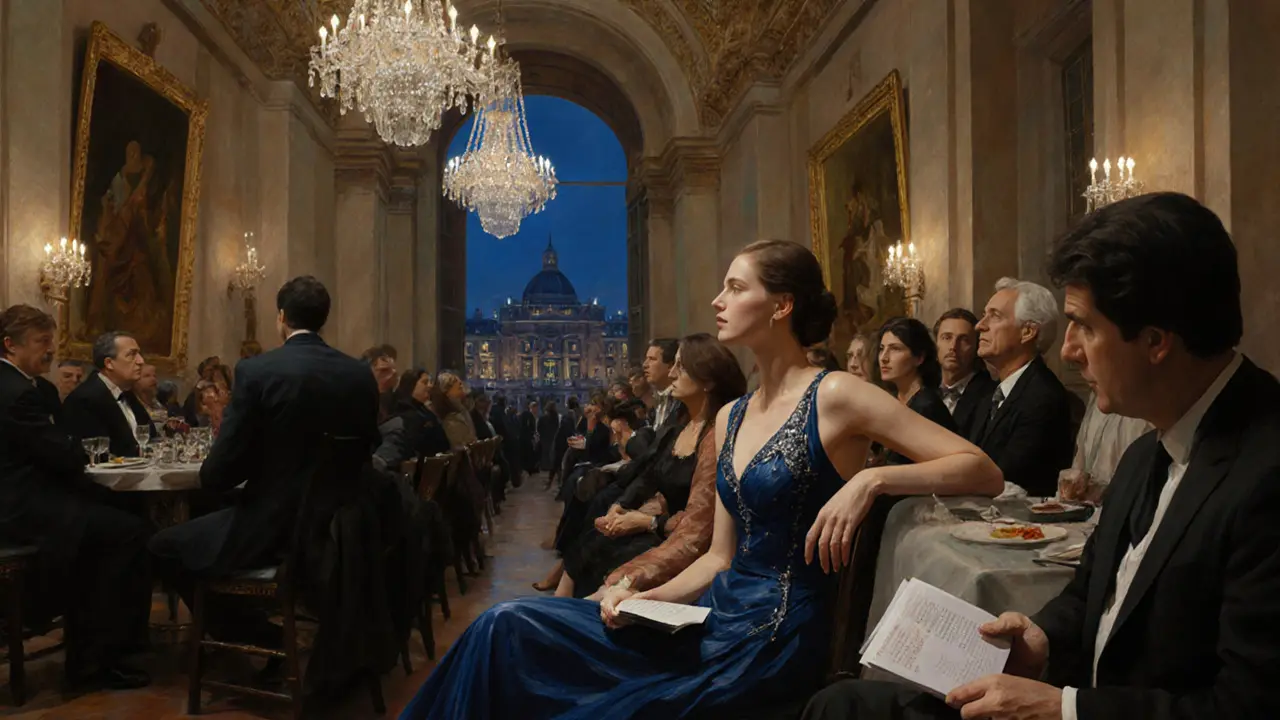
Economic and Social Impact
Escorts contribute directly to the city’s cultural economy. Estimates from the Austrian Institute of Economic Research place the annual revenue generated by escort‑linked event attendance at roughly €12million. This figure accounts for ticket sales, bar tabs, and ancillary purchases such as merchandise or private tours.
Socially, escorts act as informal cultural ambassadors. Because many clients are tourists or business travelers, escorts often share insights about lesser‑known venues, translating local customs into a format that non‑German speakers can understand. This service helps preserve Vienna’s intangible cultural heritage by widening its audience.
Regulation, Public Perception, and Criticism
Austria’s prostitution laws, reformed in 2012, legalize escort services as long as providers register with the city’s health department and operate in licensed premises. The Vienna Department of Public Safety enforces zoning rules that keep escort agencies away from schools and residential neighborhoods, but cultural venues are exempt because they are classified as “public entertainment spaces.”
Critics argue that escort presence at cultural events can create an uncomfortable atmosphere for some attendees, especially in traditionally gender‑balanced settings like classical concerts. A 2022 article in the Austrian Review of Arts highlighted instances where patrons complained about feeling “objectified” when escorts were evident on the balcony seats. In response, several venues now include “escort‑free” evenings to accommodate differing comfort levels.
Case Studies: When Escorts Meet Culture
1. The “Golden Viennese Ball” (2024) - This high‑profile charity ball partnered with a local escort agency to provide “concierge companions” for international donors. The agency supplied trained escorts fluent in English, French, and Mandarin, which helped the donors navigate the event’s protocol and increased total donations by 15% compared with the previous year.
2. Gallery X’s “Midnight Installations” (2023) - An underground art space invited a select group of escorts to preview a new immersive exhibition. Their feedback led to adjustments in lighting and sound design, ultimately boosting visitor satisfaction scores from 78% to 92%.
3. “Operetta Night at the Volksoper” (2022) - A recurring program offered a discounted “Companion Ticket” that could be redeemed by a registered escort. Attendance rose by 8% and the average spend per ticket increased by €20, as companions often ordered premium drinks and post‑show dining.
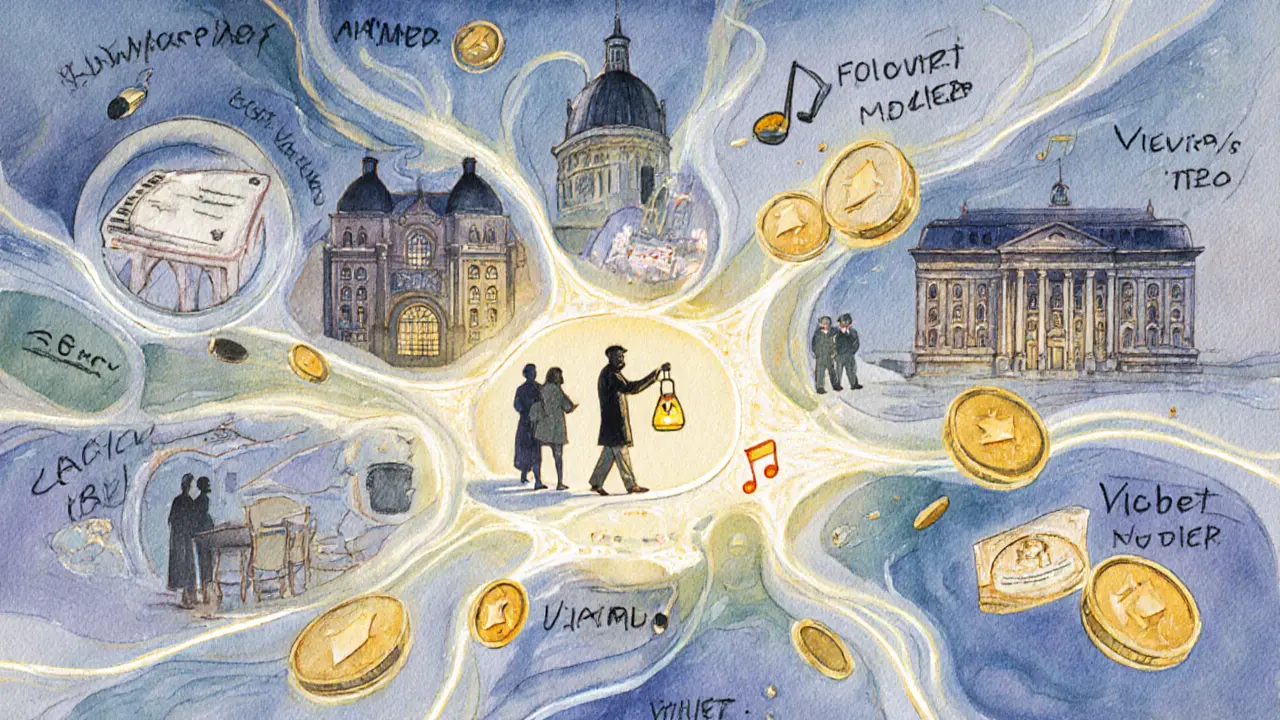
Comparison: Traditional Cultural Venues vs. Escort‑Integrated Events
| Aspect | Traditional Venue | Escort‑Integrated Event |
|---|---|---|
| Typical Audience | Local art lovers, tourists, scholars | Business travelers, high‑net‑worth tourists, socialites |
| Escort Presence | Rare or unofficial | Common - often advertised as “companion service” |
| Cultural Impact | Preserves heritage, lower commercial pressure | Boosts revenue, adds networking dimension |
| Regulatory Scrutiny | Standard safety inspections | Additional licensing for adult services |
| Average Ticket Price | €25‑€50 | €70‑€120 (includes companion fee) |
Tips for Visitors: Making the Most of an Escort‑Enhanced Cultural Night
- Research the venue’s policy on companions beforehand. Some opera houses list “companion‑friendly” dates on their calendars.
- Choose an escort who speaks the language of the event (e.g., German for a museum lecture, English for an international film festival).
- Respect the art. Escorts are there to accompany, not to dominate conversation. Let the performers or artists take the spotlight.
- Tip appropriately. In Austria, a 10% service charge is standard, but many escorts appreciate a higher tip for extra discretion or post‑event planning.
- Stay aware of local laws. Public solicitation is prohibited; interactions should remain private or within licensed venues.
Frequently Asked Questions
Are escorts allowed in museums and galleries?
Yes. As long as the escort is a registered adult‑entertainment provider and the venue does not have a specific “escort‑free” policy, they can accompany clients. Some museums even offer private tours tailored for escort‑client pairs.
Do escorts receive commissions from cultural venues?
Generally no direct commission, but many agencies negotiate reciprocal arrangements-like free tickets or backstage passes-in exchange for promoting events to their client base.
How does the law protect both escorts and cultural institutions?
Austrian law requires escorts to register, undergo health checks, and operate in licensed establishments. Cultural institutions must verify that any companion service they host complies with zoning and advertising restrictions, ensuring no illegal solicitation occurs on their premises.
Is it common for artists to hire escorts for networking?
While not mainstream, some artists appreciate escorts’ extensive social circles. An escort can introduce an emerging painter to collectors attending a gala, effectively widening the artist’s reach.
What etiquette should I follow when meeting an escort at a cultural event?
Treat the escort as a companion, not a service provider, during the performance. Keep conversations low‑key, avoid flashing phones, and respect any venue rules regarding dress code or seating.
